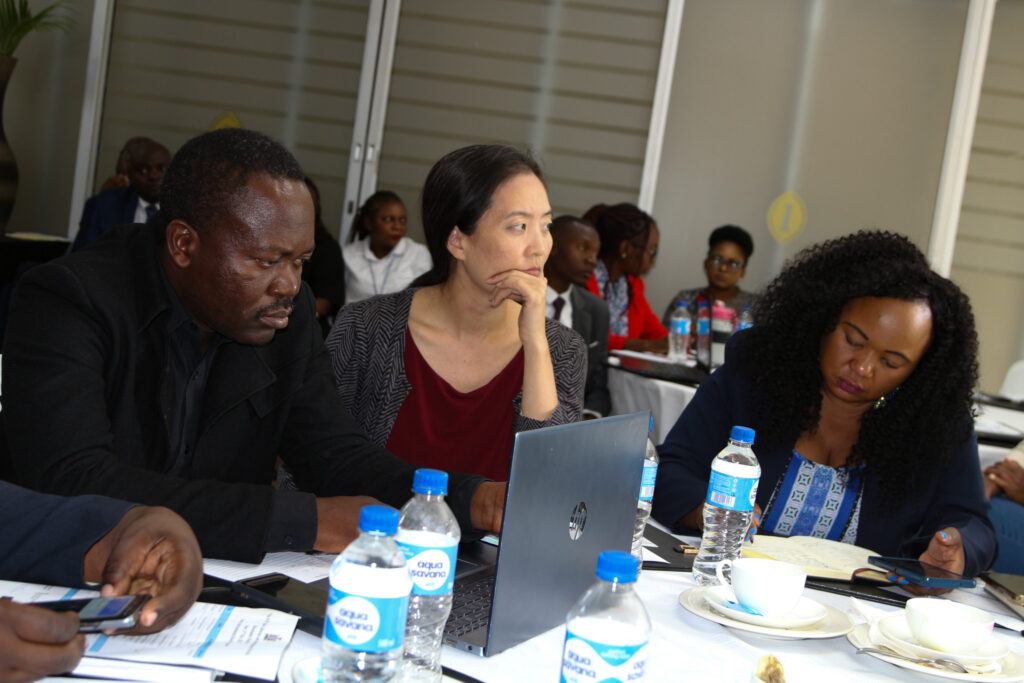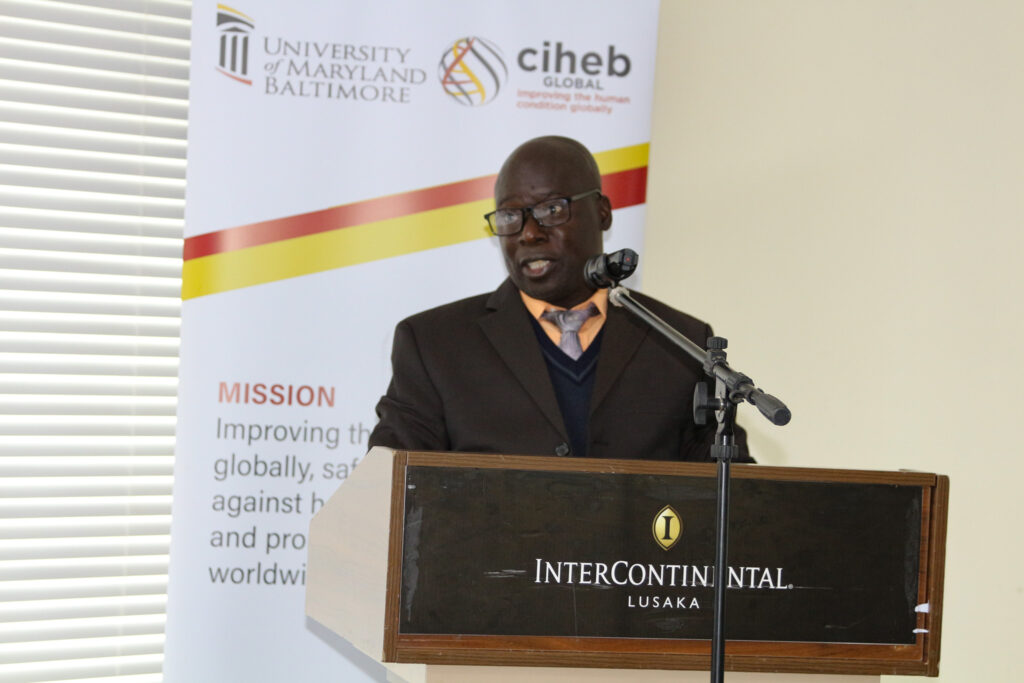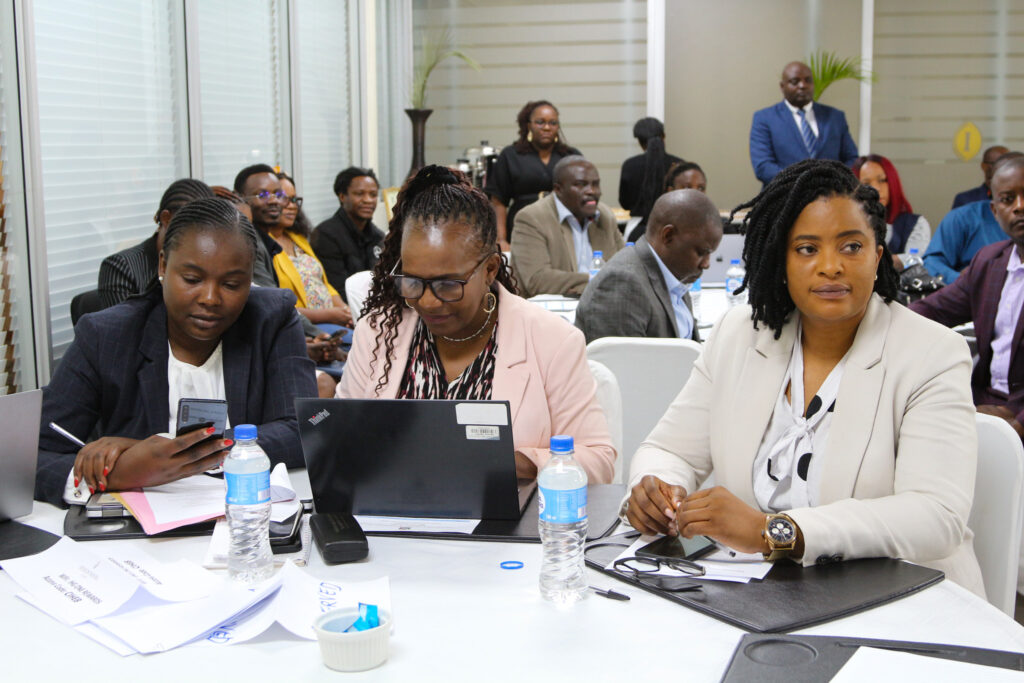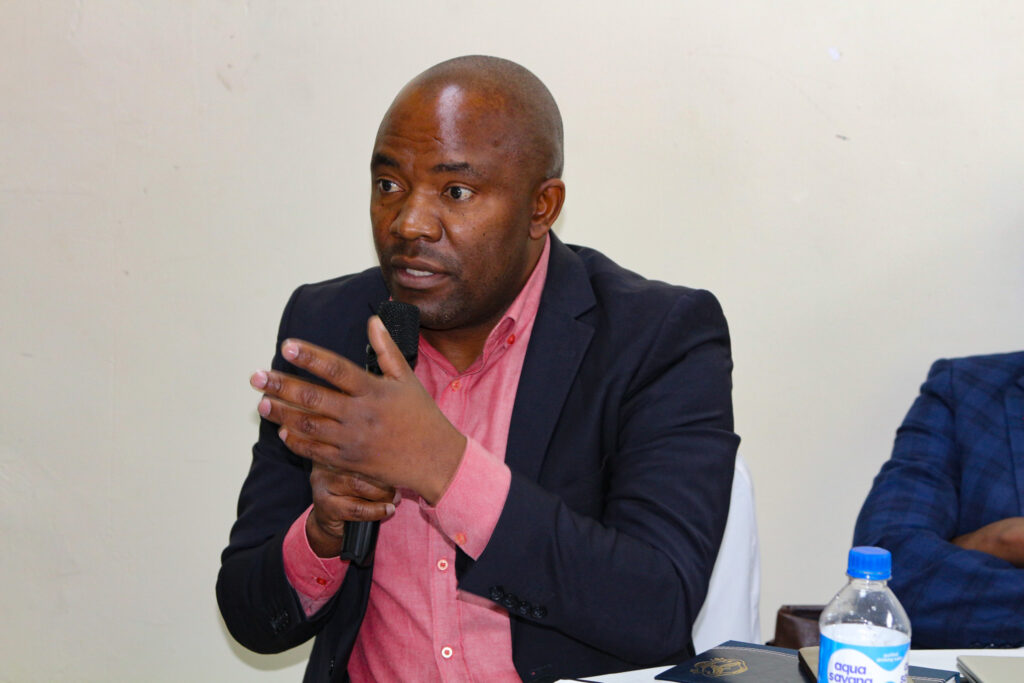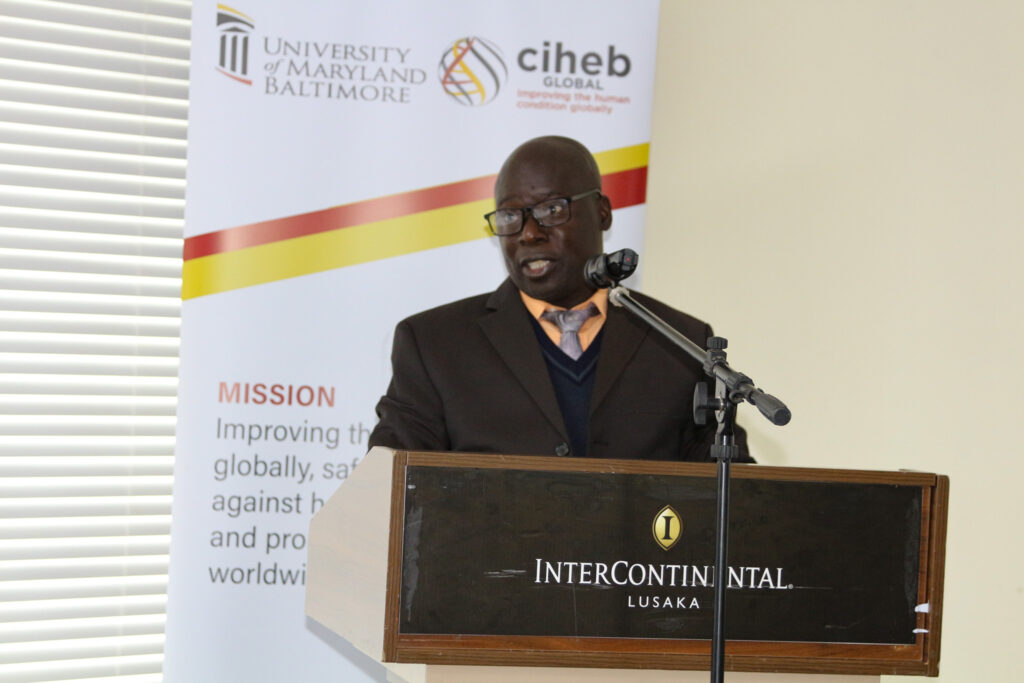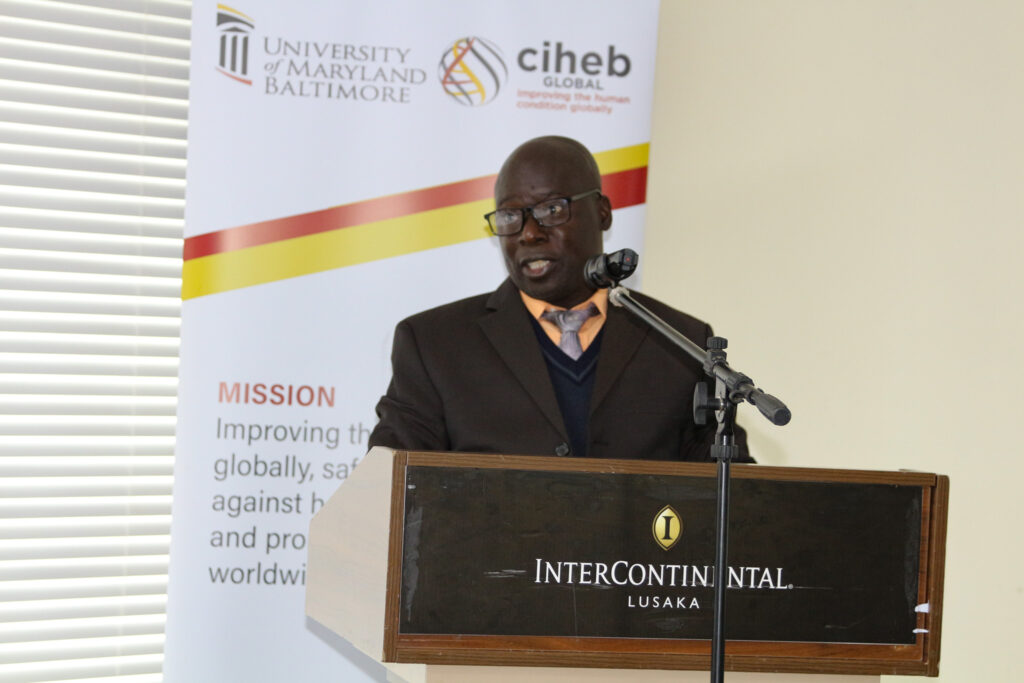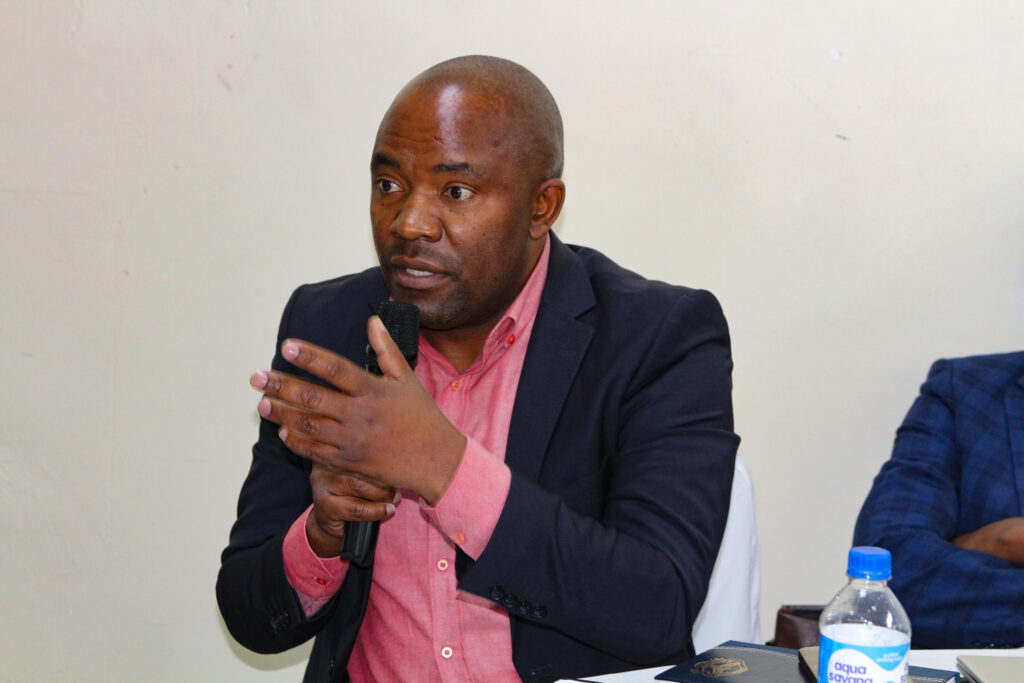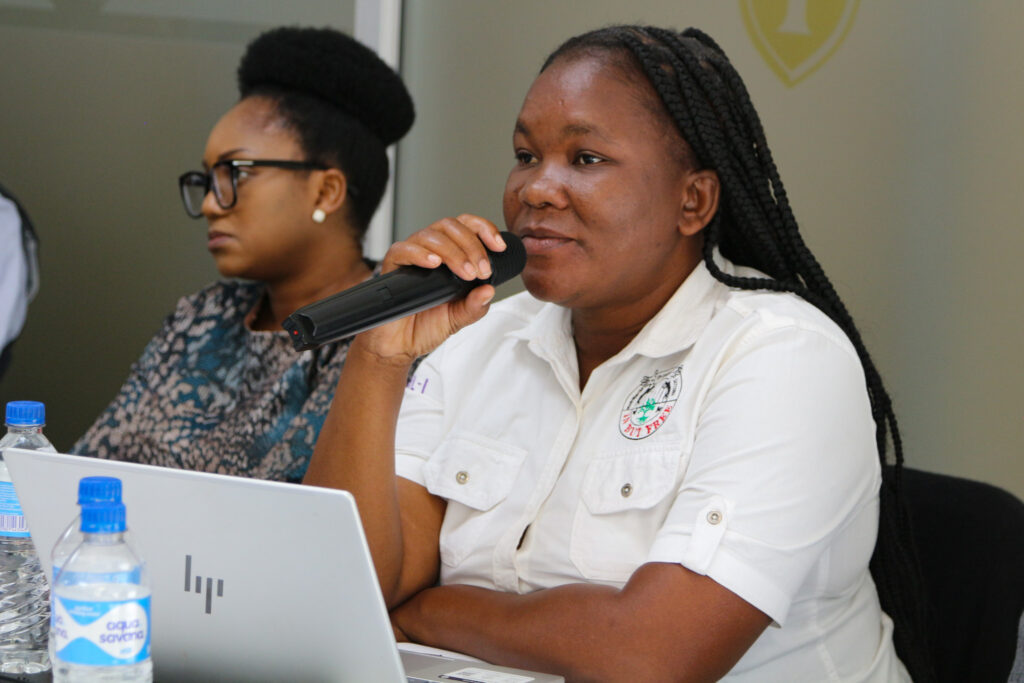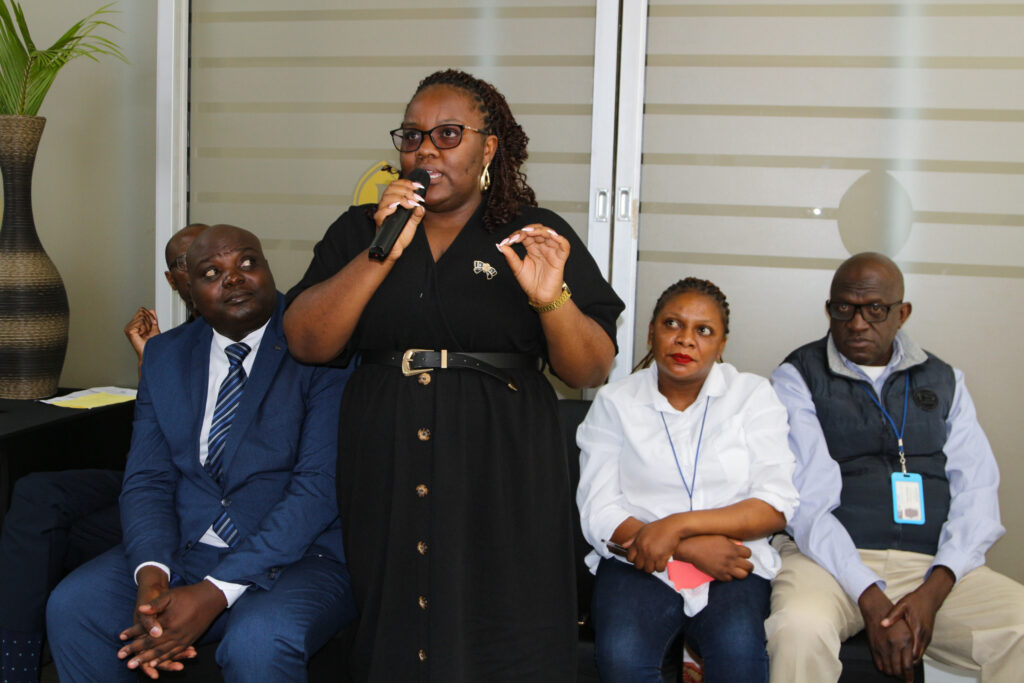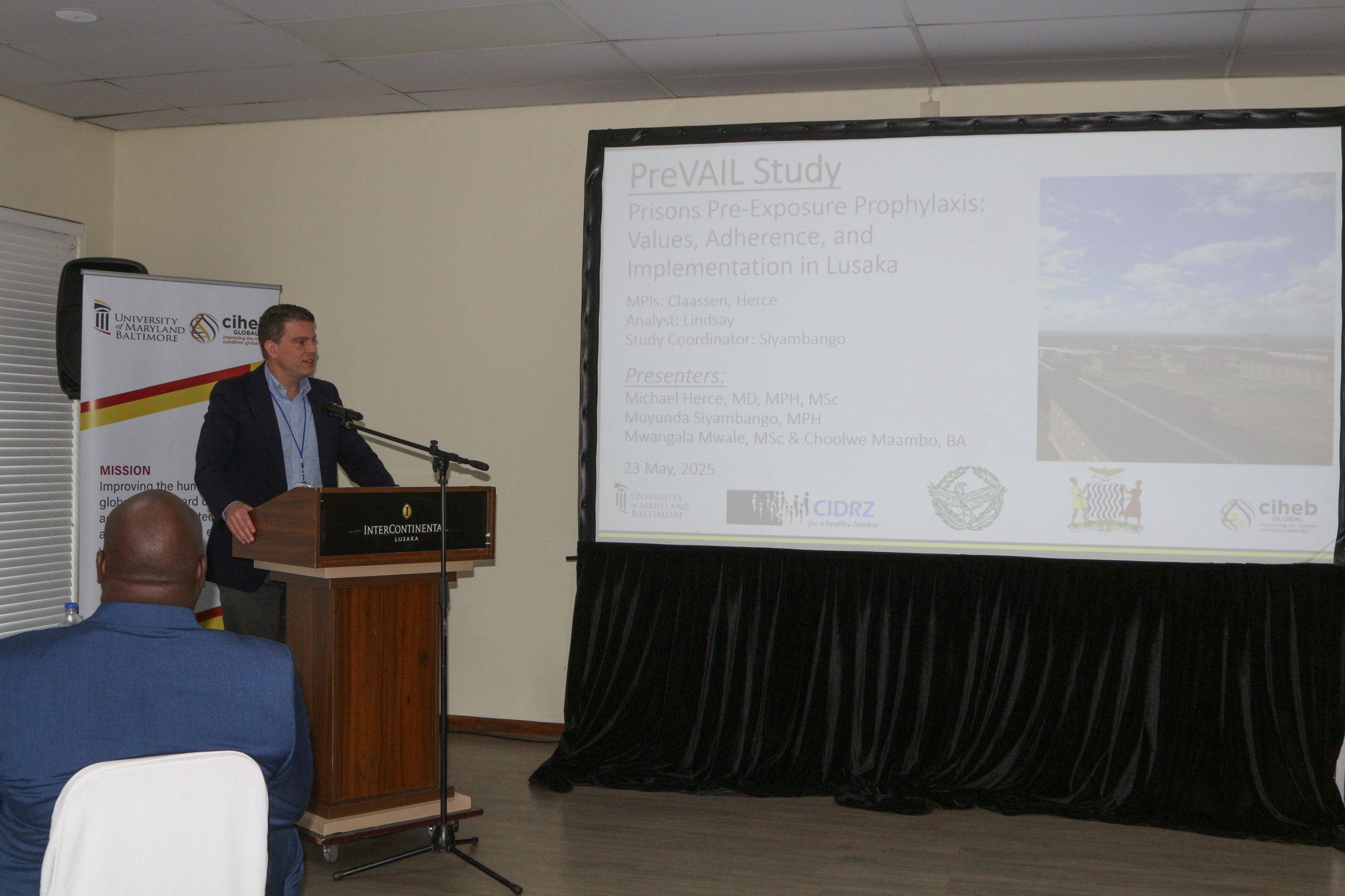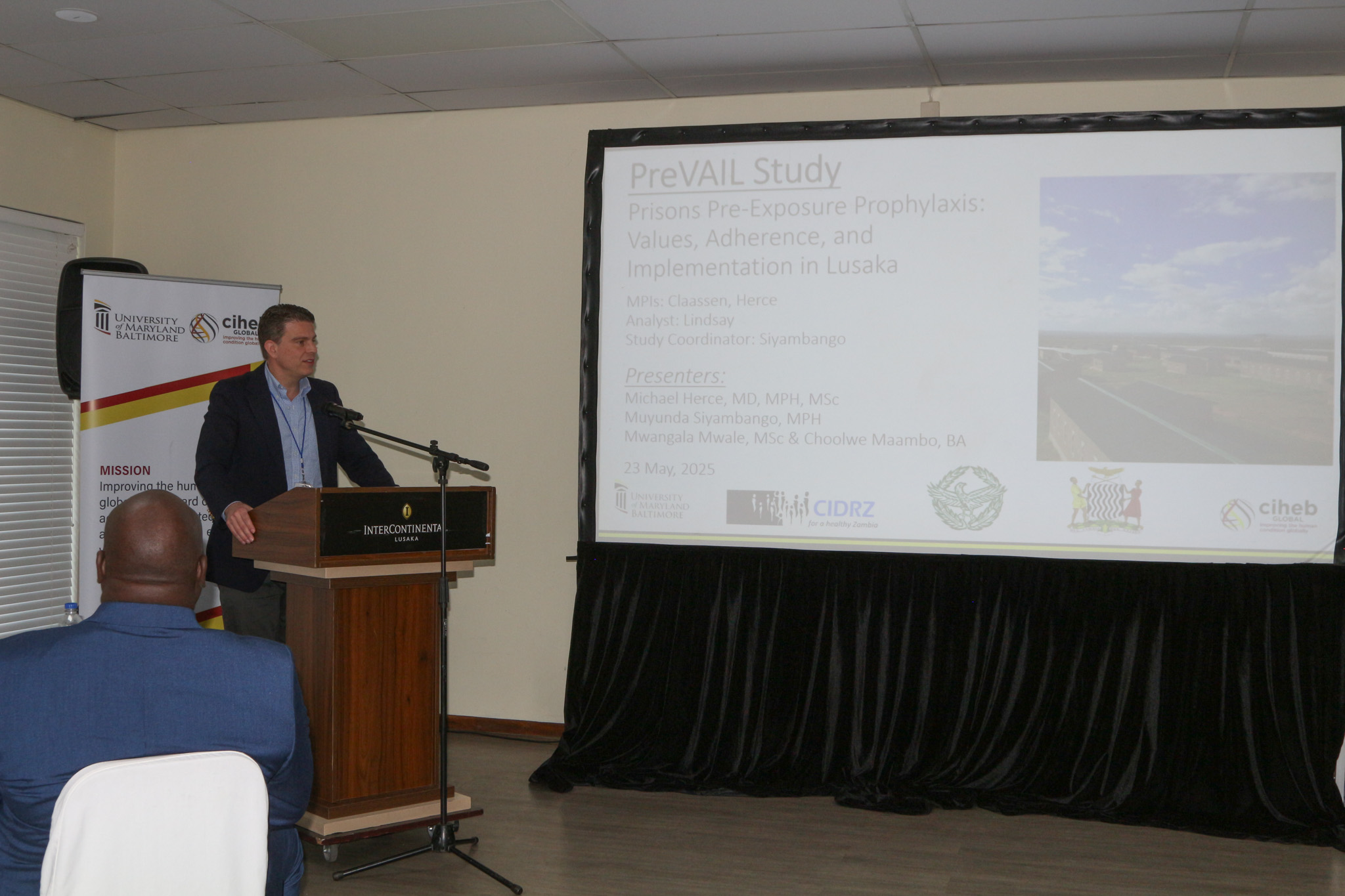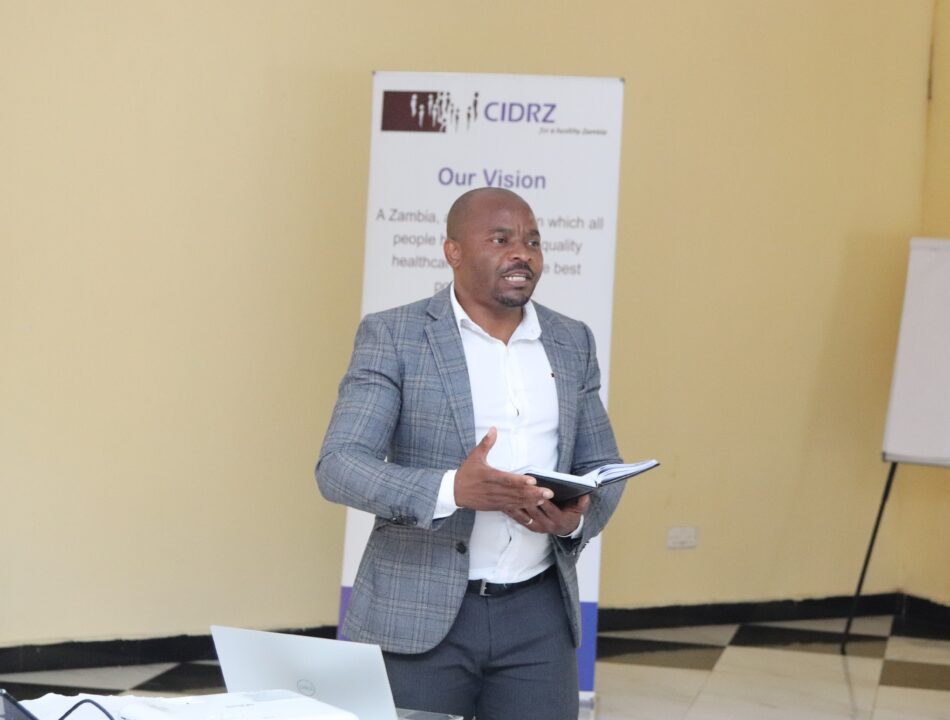
CIDRZ and MOH Holds Collaborative Planning Meeting to Boost Health outcomes in Chilanga and Kafue districts.
June 3, 2025
My Safe Space App: Transforming Youth Health Services.
June 5, 2025The Centre for Infectious Disease Research in Zambia (CIDRZ), alongside the University of Maryland, Baltimore, and the Centre for International Health, Education, and Biosecurity (CIHEB), in partnership with the Ministry of Health and the Zambia Correctional Service, recently held a dissemination meeting for the pioneering “Prisons Pre-Exposure Prophylaxis: Values, Adherence, and Implementation in Lusaka” ( PrEVAIL study).
The PreVAIL study, conducted between 2023 and 2024 and funded by the National Institute of Mental Health of the United States National Institutes of Health (NIH), aimed at understanding the uptake, adherence, and real-world challenges of implementing Pre-Exposure Prophylaxis (PrEP) for HIV prevention among incarcerated individuals and others involved with the criminal justice system in Zambia.
During the dissemination meeting, a team of researchers presented the study’s findings, including CIDRZ Director of Implementation Science and Multiple Principal Investigator of the PrEVAIL study, Dr Michael Herce; PrEVAIL Study Coordinator, Mr Muyunda Siyambango; and Research Assistants from the University of Maryland Baltimore/Maryland Global Initiatives Corporation (MGIC), Ms Mwangala Mwale and Ms Choolwe Maambo.
The study revealed that PrEP uptake was high among incarcerated individuals, especially those who were sentenced, had prior knowledge of PrEP, expressed concern about acquiring HIV in prison, or had previously experienced a sexually transmitted infection.
However, PrEP persistence, defined as receiving any refill within 180 days of initiation, was notably low, aligning with trends observed among other key populations in Zambia.
Deputy Commissioner General for the Zambia Correctional Service, Mr Bwalya Kuyomba, commended the partnership between the Correctional Service, CIDRZ, and the University of Maryland.
“Since April 2023, we have had the privilege of partnering in this groundbreaking research initiative,” he stated. “This collaboration reflects our commitment to evidence-based approaches in correctional healthcare and the wellbeing of those in our care.”
Mr Kuyomba emphasised that the study, conducted across four correctional facilities including Lusaka Central, Kamwala Remand, Mwembeshi Remand, and Mwembeshi Open-Air Facility, highlighted the need to view HIV prevention as both a medical necessity and a human right.
“As Zambia Correctional Services, we are not just custodians of security, but also of comprehensive healthcare, including HIV prevention,” he said.
He further acknowledged the contributions of CIDRZ and other non-governmental organisations in conducting research that has informed policy and exemplified the Service’s open-door policy.
“This study will provide valuable insights into how we can better implement and sustain critical health interventions,” Mr Kuyomba added.
In addition, Mr Goodson Sinyenga, Director of Planning and Policy at the Ministry of Home Affairs and Internal Security, stressed the importance of translating research into action. His speech, delivered by Mr Esau Mashamo, Assistant Director of Research and Planning, noted that the barriers to PrEP uptake and adherence extend beyond the healthcare system. “They are social, legal, and systemic, and tackling them requires bold, coordinated, and compassionate strategies across sectors,” he said.
Lusaka Province Health Director Dr Simulyamana Aspha Choonga also praised all stakeholders for their professionalism and dedication throughout the study.
“This research contributes not only to our local understanding of correctional health but also to the broader global body of knowledge,” Dr Choonga noted.
The PrEVAIL study stands as a milestone at the intersection of public health and correctional services, offering actionable insights into how Zambia can improve HIV prevention efforts among justice-involved populations.

